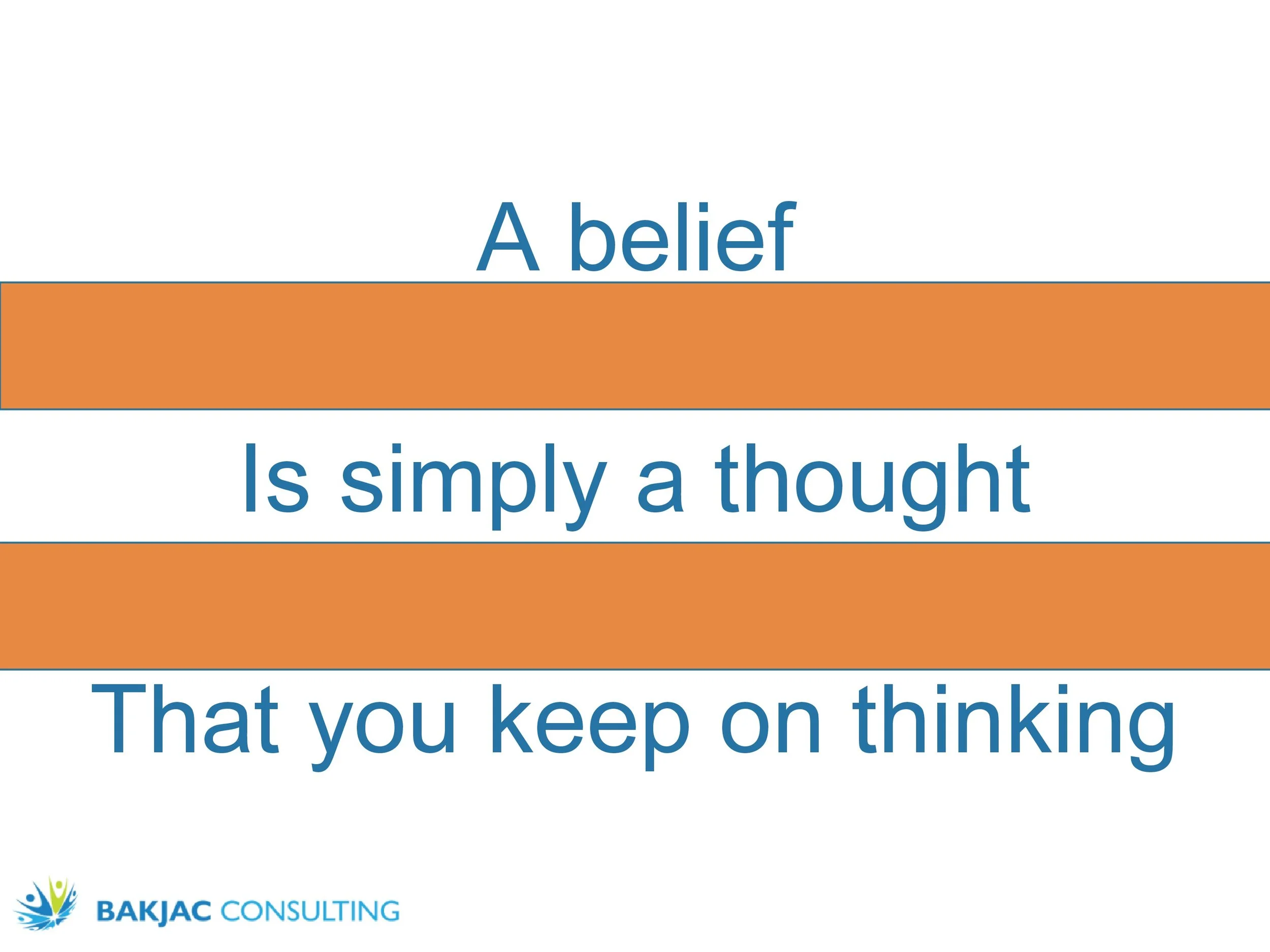What’s Your Excuse?
Every single day, I catch myself making excuses. These can range from pretty small excuses like; “I can’t take the dog for a walk, I’m too busy” right through to some pretty big ones, such as “I don’t have the skills to do that”.
Do you catch yourself making excuses?
Do you often fail to take action because of an excuse that you keep telling yourself?
But Remember:
Do you often try and explain away why you didn’t, couldn’t, shouldn’t or just wouldn’t do something?
If you catch your self-talk in making an excuse, you are not alone. We all engage in subtle (and not so subtle) excuses. But it is these excuses which often prevent us from living our life to its full potential.
Excuses are simply rationalisations we make to ourselves about people, events and circumstances. They are often created to defend our behaviour or to postpone taking action.
When we make an excuse, we are basically placing the blame of an internal problem on an external situation.
We continue to make excuses for a number of reasons, including:
· Fear of failure
· Fear of embarrassment
· Fear of success
· Fear of change
· Fear of uncertainty
· Fear of responsibility
· Fear of making mistakes
· Lack of confidence
There is certainly a recurring theme in that list – it’s fear. So, if we are going to eliminate excuses we need to address our fears.
Our fears lock us into our comfort zone. But generally, our fears actually emerge due to a lack of understanding, information, resources, experience or perspective.
But if you succumb to making excuses regularly then the consequences include:
· Lack of growth
· Self-limiting beliefs
· Regret
· Lack of stickability to your goals
· Paranoia preventing decision making
· Mental blocks stifling action and creativity.
So, here are some opportunities for you to overcome your excuses.
1) Admit to yourself the excuses you are making.
Easier said than done.
But ask yourself – What excuses do I tend to make? What am I settling for? Why am I making this excuse? What are the consequences of this excuse for me?
2) Recognise your baggage.
We need to question what “baggage” we carry around with us on a daily basis.
• Do you have self-doubt?
• Are you carrying blame?
• Are you worrying about all the things you can’t control?
• Do you feel like an imposter?
• Do you see challenges as threats?
• Are your ANTs (Automatic Negative Thoughts) crawling all over you?
Or does your luggage allow easy accessibility to your values, strengths, and skills?
3) Recognise your emotional response.
“If you name it, you can tame it”. One of the best opportunities to manage our emotional responses, is to first identify what we are actually experiencing and why. Try considering what it is you are actually feeling and what is the thought you have that is fuelling that emotional response.
4) Reframe the excuse
Often, we can fall “below the line” and engage in excuses.
Reframing is a powerful, yet simple technique to move ourselves from below the line to above the line in our thinking, our language, our attitude and our behaviour.
It involves taking a negative statement or excuse and reframing it in a positive question to self to prompt a change in thinking.
5) Adopt a growth mindset.
Staying in your comfort zone will never result in any personal growth. You have to push yourself to step into a state of complexity to ever have new experiences and new growth opportunities. This obviously takes effort. But remember…… what dictates the size of a goldfish? The answer?....... the size of the bowl!!
“Either I will find a way or I will create a way, BUT I will not make an excuse”
Want to know more about developing your mental toughness and reducing your engagement in excuses? Send me an email at michelle@bakjacconsulting.com to enquire about coaching and training.
Michelle Bakjac is an experienced Psychologist, Wellbeing Strategist, Leadership and Wellbeing Coach, Speaker and Facilitator. As Director of Bakjac Consulting, she is a credentialed Coach with the International Coach Federation (ICF) and a member of Mental Toughness Partners and an MTQ48 accredited Mental Toughness Practitioner. Michelle assists individuals and organisations to develop their Mental Toughness to improve performance, leadership, behaviour and wellbeing. You can find her at www.bakjacconsulting.com or michelle@bakjacconsulting.com

































